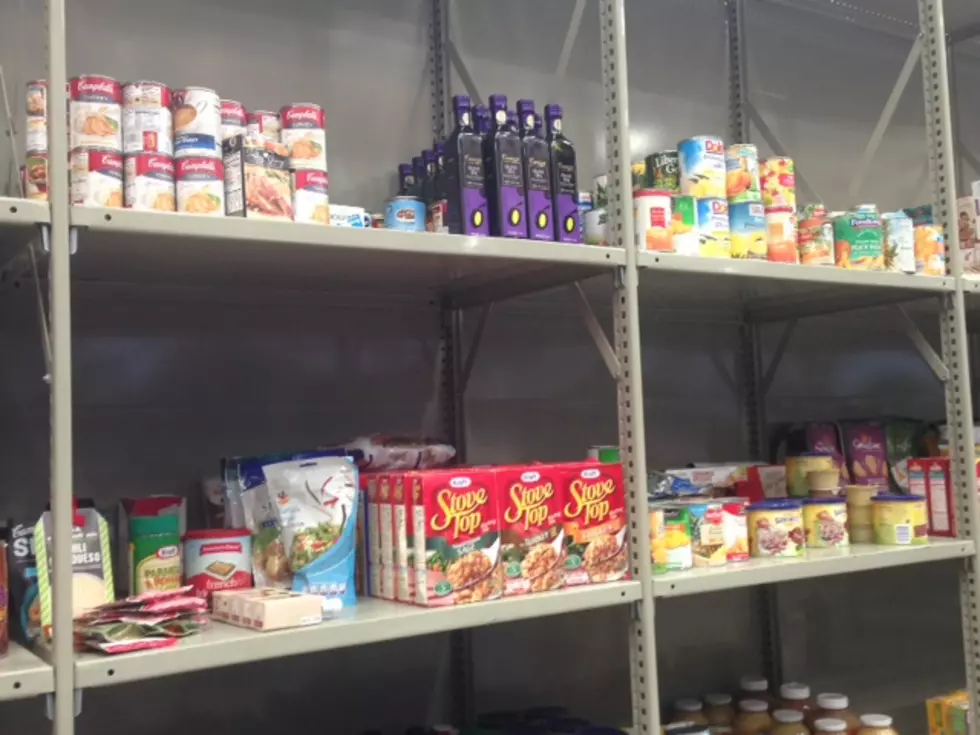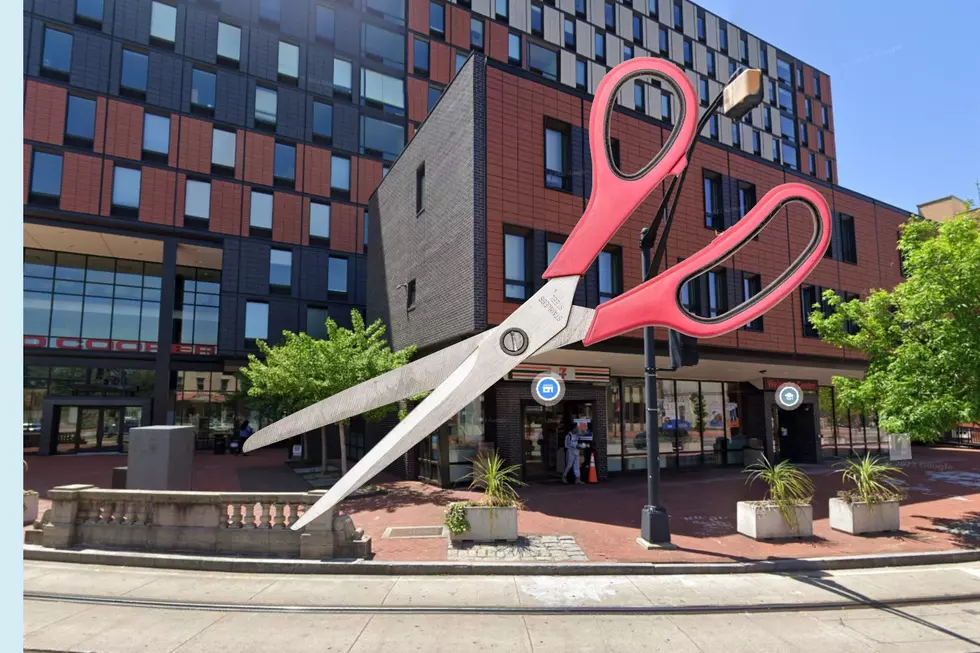
Inflation Hits Neediest People of NJ in Ways You Wouldn’t Think
Rising gas prices have not only been making it difficult to keep fuel in people's cars but also food on their tables. Two of New Jersey's food banks have become impacted as a result.
Fulfill in Neptune City, supplies food to soup kitchens and food pantries across Monmouth and Ocean counties. Its mission is to alleviate hunger and build food security and make sure that people at all times have access to nutritious food, according to its website.
But for those living in Monmouth and Ocean counties, it's almost next to impossible to get around the areas without a car, said Fulfill CEO and President Triada Stampas.
When budgets are pinched, food is where people make sacrifices, she said. They'll skimp on quality and quantity when it comes to food.

As a result, Fulfill has seen upticks in need because they support food pantries, shelters, and soup kitchens across both counties.
Stampas said it has been very difficult recruiting volunteer drivers due to the increase in gas prices. Also, Fulfill has its own fleet of trucks. Their own cost of fuel is going up at the same time the cost of food is going up.
"The same sticker shock that folks are facing at the gas pump for their own vehicles is stressing our operations at the very same time," she said.
Stampas added that their dollars are stretching less and less far in terms of the amount of food they can move because of the combination of increasing gas and food prices.
Fulfill does receive funding from various sources such as government and philanthropies, but much of them come from individual donors.
Stampas said while the pandemic has shifted to an endemic, not everyone has come out of it as well off as they were before. So, Fulfill is providing a higher level of services and there's more need for these services than there was before the pandemic.
"But our cost of operations has continued to grow where we're needing to buy more food but it's coming at a higher price because of supply chain issues, and it's costing more and more just to move the food we have," Stampas said.
Carlos Rodriguez, the CEO and president of the Community Food Bank of New Jersey, which has warehouses in Hillside and Egg Harbor Township, said he's been experiencing the same hits.
He said many New Jersey families are having a tough time putting food on the table. Just as these people have been trying to get back on their feet after a two-year pandemic, they have had to now grapple with higher gas prices. This has made trying to climb out of a financial mess from the past two years even more challenging.
The Community Food Bank of New Jersey also has to navigate its ability to meet this increased and sustained need with the amount of food that they're buying, how they get their hands on the food that people need, and also with higher fuel prices. They too, deliver a large part of their food to local pantries across 11 to 15 counties.
"We have to continually adapt to finding the food that's affordable, available and that makes sense for our neighbors from a nutrition and an availability standpoint," Rodriguez said.
So the food bank has to pay more for what it's bringing in, it has to juggle the availability of different products and it has to pay more to bring the food in and have it delivered, he added.
Rodriguez said volunteers have just started to return to the food bank after the pandemic. He said he hopes that added fuel and higher gas prices won't have an impact on that because the food bank depends on volunteers to help out at multiple locations.
As New Jersey residents continue to suffer from the effects of the pandemic, rising gas, and food prices, Rodriguez said the food bank's ability to respond will continue to be challenged with these changes and these increased prices.
"The pandemic is far from over. Now more than ever, we continue to rely on the help of our neighbors and our partners to support us financially so we can continue to provide the food that's needed around the state," Rodriguez said.
It takes many years for families to return to food security levels before any disaster. Rodriguez said this disaster keeps adding a level of complexity to it, whether it's the pandemic, the aftermath of the pandemic, or inflation that makes it more complicated, adding more hurdles for families to get a sense of normalcy or get a sense of security of how to make their food ends meet.
Any donation whether it's food-related or financial is greatly appreciated at both food banks.
2022 Seaside Heights Polar Bear Plunge photos
More From WPG Talk Radio 95.5 FM










